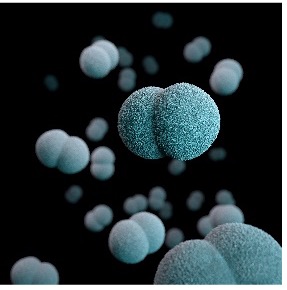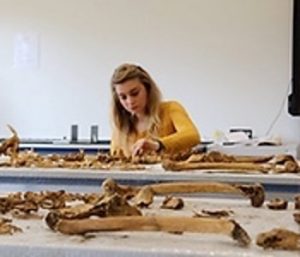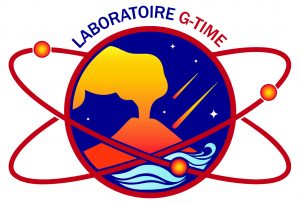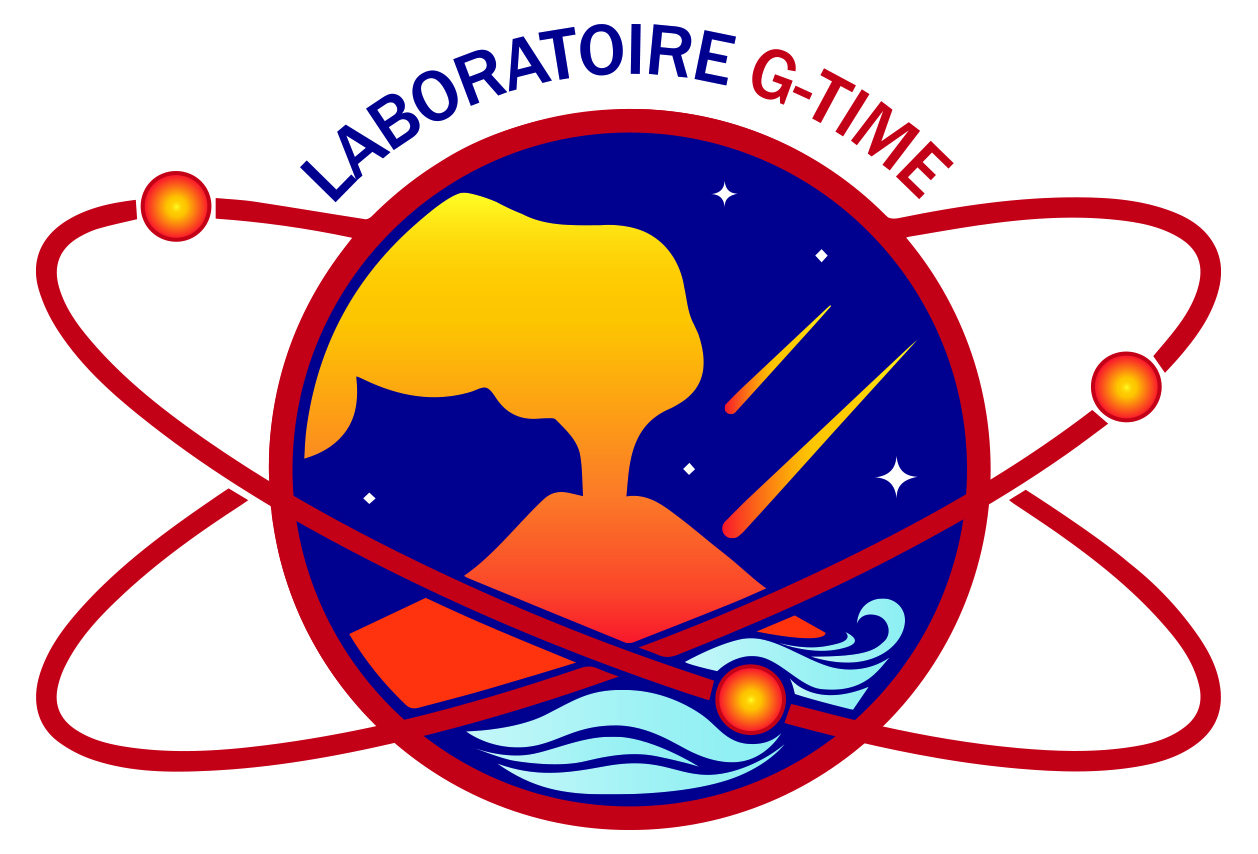BRUCARES
BRussel’s University Plateform for GeoChemical Analyses in EnviRonment, HEalth and Society
Major objectives
- to support and put at the service of the Brussels, Belgian, and international communities, a large-scale state-of-the-art analytical platform (dedicated to elemental and isotopic geochemistry);
- to set up and further develop contract research projects;
- to enrich fundamental research with applied research and vice versa;
- investigate the fractionation of trace metallic elements (and their isotopes) in order to trace their origins and study the processes that affect them to answer fundamental questions related to food chain quality, air quality, aerosol composition, biomedical sciences, and archaeological sciences (mobility of ancient populations).
Research coordinator, Dr. Geneviève Hublet
Projects of BRUCARES

COOL Project
Characterizing the envirOnmental Origin of Zn, Sr and Pb isotope variations in mammalian hair and bLood.
Dr. Geneviève Hublet is the scientific coordinator of the research program (FNRS PDR led by N. Mattielli & J. Bindelle).
The populations’ diet has been one of the core structural features of development or decline of the civilizations throughout history. The main goal of this project is to compare the Sr, Pb and Zn isotopic signatures of the environment compartments (bedrock, soil, plants, air, food supplements…) in interaction with cattle with the isotopic signatures measured in cow blood and hair from contrasted Belgian locations. This project will provide an innovative and sensitive tool to assess the quality and origin of the food chain.

AZURIT Project
Etude de la qualité de l’Air en Zone URbaine : approche par les Isotopes et la Teneur en métaux en trace – Air quality in urban areas evidenced by trace metal isotopes.
Dr. Geneviève Hublet is the scientific coordinator of the research program.
The world population increases every year, especially within the cities. This trend affects the health of the population and the quality and balance of the environment compartments, including the atmosphere, particularly in urban areas. To ensure a good air quality, this project aims to determine the source, transport and fate of potentially toxic elements in the atmosphere of urban areas by monitoring the atmosphere composition in metallic trace elements and lead (Pb) isotopes. The project will focus on Brussels and Charleroi.

MAFIC Project
Tracing MetAllic isotope Fractionation as a metabolic and Immune failure indicator after SARS-Cov-2 infection.
Dr. Geneviève Hublet is the scientific coordinator of the research program. (FNRS CDR led by V. Debaille)
Redox imbalance can induce minor to major damages to metabolic and immune functions. This kind of disequilibria can induce isotopic fractionation of transitional metal elements as Cu and Zn. The aims of this project are to evaluate (1) if tracing these fractionation events can be used as a diagnostic tool to these types of damage to metabolism and/or immune system caused by a SARS-Cov-2 infection and/or (2) the impact of treatment.
Projects in collaboration

CRUMBEL Project
This project studies the collections of cremated bone found in Belgium dating from the Neolithic to the Early-Medieval period using state of the art analytical and geochemical analyses. Recording the Belgian collections in a database including as much osteoarchaeological information represents a crucial part of this project. Until now the dominance of cremation as funeral practice between 3000 BC and 700 AD in Northern Europe led to limited information on migrations and living conditions. CRUMBEL will greatly improve our current understanding of how people lived in Belgium. https://www.crumbel.org/crumbel
DaCITe Project
Developing Cu and Zn Isotopic ratios as new biomarkers in HIV Treatment. This project is carried out in collaboration with Carine Van Lint (Service de Virologie Moléculaire, ULB) in the framework of her project (BIOPREDIRE-HIV, project H2020). Based on the same concept as the MAFIC project, Cu and Zn fractionations are explored as new potential biomarkers in blood from VIH patient.

